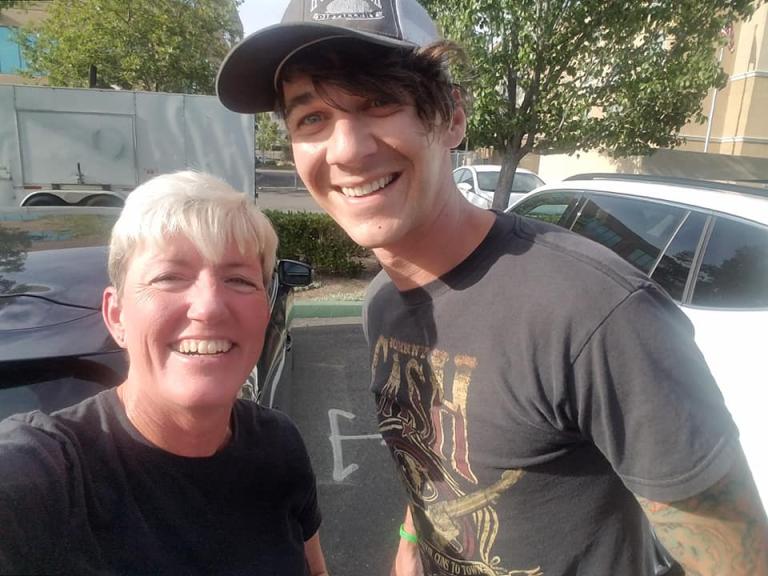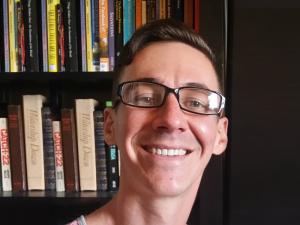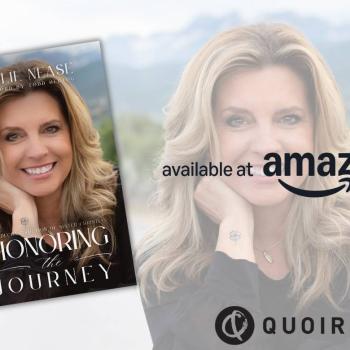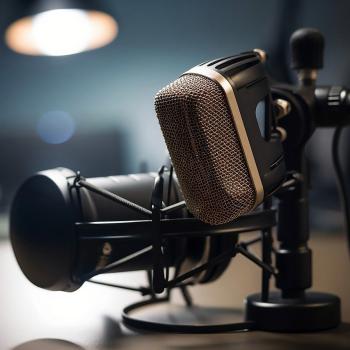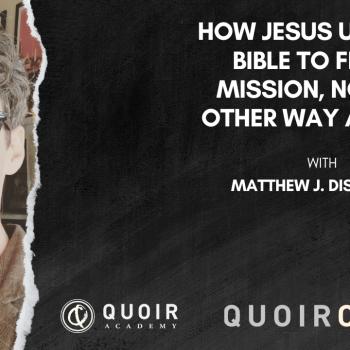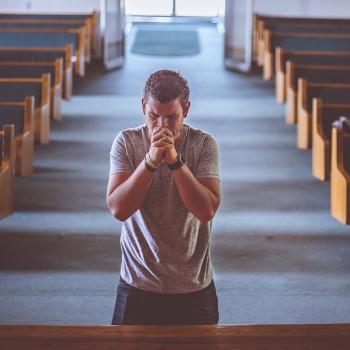The following is from the Preface to my recently-released book Learning to Float, with Michelle Collins. I think you’ll enjoy it.
Jesus loves me, this I know, for the Bible tells me so.
Are you sure? What happens if you don’t love him back?
I’m good. I go to Church. I read my Bible (sometimes). I got baptized.
But you also watched porn today. And yesterday. And the day before that.
Yeah, but every Christian’s a sinner. I’m fine. I’ve gotta stop stressing about it.
Or, maybe you’re exactly the type of Christian who gets left behind.
I won’t be. The Bible tells me so . . .
The Bible tells you a lot of things. Do you really wanna know what else it says?
Have you had internal conversations like these? If you’re a Christian, or have ever been a Christian, I’m guessing you have. Maybe not all the time, and especially not during those summer retreats in the woods, when Jesus-induced endorphins flowed though you at breakneck speeds, but in your quietest moments, with the lights turned off and your head firmly planted in your pillow, I’m sure your mind has wandered into places deeper and darker than even the Mines of Moria.
For me, the deepest and darkest place was called hell. More specifically, eternal conscious torment. Even as a youngster—say, maybe age five or six—I understood that an eternal hell was where we all went when we died—unless, of course, we signed up for Team Jesus™. Nothing was assured, however. Looming in the back of any Christian’s mind, no matter one’s age, are those passages that remind us how we are never truly safe. The one that stuck out to me the most came from Matthew 7. You probably know the passage: “Not everyone who says to me, ‘Lord, Lord,’ will enter the kingdom of heaven . . . On that day many will say to me, ‘Lord, Lord, did we not prophesy in your name, and cast out demons in your name, and do many deeds of power in your name?’ Then I will declare to them, ‘I never knew you; go away from me, you evildoers.’” (Matthew 7:21–23) I. Never. Knew. You. Four words that haunted me from the moment I heard them boldly and proudly trumpeted from the pulpit. Every time I did evil—whether I cussed under my breath, found myself at that same adult website again, refused to help the homeless man on the corner, or even skipped out on yet another Bible study—this passage would come knocking on my mind’s door. And yet, it did nothing to push me toward righteousness and away from sin. In fact, it did the opposite.
That’s the thing about fear and shame. Neither ever really act as the motivator we hope them to be. I’m living proof of that. I tried, and I tried, and I tried some more to diligently read my Bible, to forget those naughty URLs that beckoned me daily, to clean up my foul language, and to treat everyone how I would want to be treated, but I failed. Hard. Why? Because fear only gets you so far. It only motivates you so much. And then it leaves you paralyzed. Cold. Ashamed. Numb. Wanting to do better, yet frozen; wanting to be a light in the world, yet going nowhere but under the covers of your twin-sized bed.
For me, this struggle went on for years, decades even. And while it may not have been a minute-by-minute battle, it was always with me in some way. Like it was for Sméagol, Gollum was always there, lurking in the shadows. Even when I made progress, when I would rid myself of even a tiny dose of fear and shame, they were still there. Watching. Waiting. Biding their time. Knowing that at some point, my defenses would come down. Then they would strike and I would recoil into the deep places of my tormented mind, which of course only made things worse. Cyclically, I would spiral. Fear. Shame. Paralysis. Rinse. Wash. Repeat.
All the while, my anger built. Anger towards myself, no doubt. But also anger toward the God who made me this way. Why did I have to be so fucked-up? Why didn’t my friends seem to have the same fears? Why did I feel so alone when Christian community was supposed to be a salve for healing? Why did I have so many goddamn questions? Questions and yet no answers—none that satisfied, anyway.
And then there were the questions about God’s nature. Why was his solution to my sin so archaic? Hell? Wrath? Eternal torment? Violence to the nth degree? Abandonment times a trillion? I had a dad who left me when I was at my most vulnerable so why did I need a heavenly father who was exactly the same? He is the one who made me, right? Then why was he going to hold my ineptitude against me for all eternity? Again, so many questions, yet so few answers.
Then it happened: I walked away. I could no longer worship this God, so what was the point in even believing he was there? It was all too much to bear, so I bailed. I bailed on my church. I bailed on my faith. I bailed on . . . everything, really. Well, not everything. I still did my best to be a good person. I still did my best to love my friends and family. I just did it without the religious jargon and need to prove myself to some tyrant in the sky. And even though it wasn’t the most comfortable thing in the world—a 180-degree turn rarely is—it was better than the alternative. It was better than knowing some deity who seemed no better than me would be judging me some day. At least I could rest a little in my fucked-up-ness.
What I didn’t realize, however, was that this resting place would only be temporary. It was respite from the desert, sure, but there was still travelling to do. I was in Rivendell but home was Hobbiton—in the Shire, up on Bagshot Row. But how I got there exactly will have to wait until I talk with my good friend Michelle, if for no other reason than she is the best Sherpa that I can think of. And while she is currently working on her psychology doctorate, don’t think of these conversations as a substitute for the counseling I have desperately needed. Instead, they are simply a discussion—about faith, about life, about losing everything in order to find it again. And they are conversations between longtime friends and trusted confidants. Nothing more and nothing less. But in the midst of the desert, in the midst of the road to Mordor and back, oftentimes all you need is a trusted partner and loyal friend. Michelle is one of these, and I’m certain as you read this book, you’ll find yourself agreeing with me.
Also, if you’ve been digging my work on here, and want to see me be able to continue writing as close to full-time as humanly possible, please take a look at my Patreon page at www.patreon.com/mjdistefano. Even $1 a month helps bigly!!!


